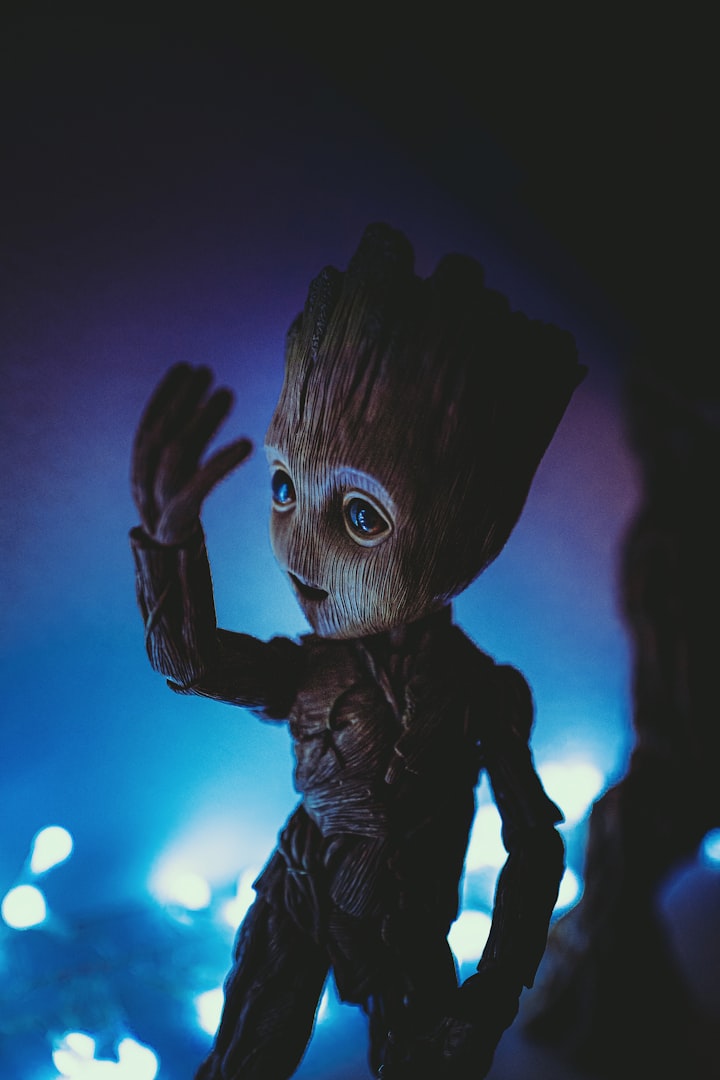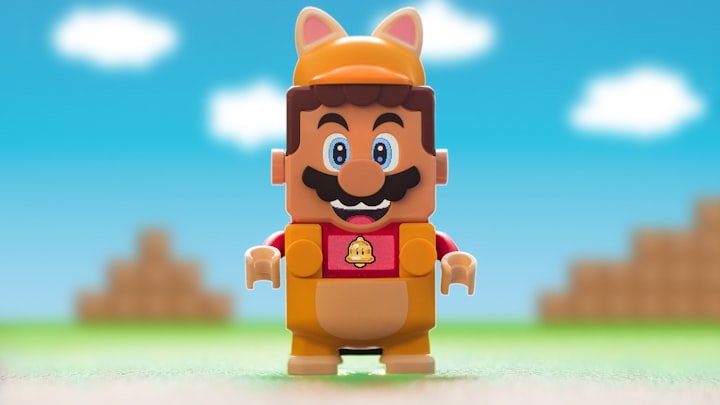Self-Awareness: The Backbone of the MCU
How Marvel uses Humor to stay alive

Even as a fan of the Marvel Universe, sometimes it’s difficult not to feel as though we’re being completely inundated with new projects, movies and shows. Since the start of the pandemic alone, Marvel has released more than ten blockbuster movies — and that’s without even mentioning their burgeoning world of new TV shows. From Loki and Wandavision to Hawkeye and the increasingly notorious She Hulk: Attorney At Law, Marvel fans have had a lot to keep up with in recent months.
It doesn’t take a keen observer to notice the influx in Hollywood superhero movies that has occurred this past decade. For those who haven’t been keeping up with any of these movies or shows, this relentless battery of new projects may seem overbearing. The sentiment has been echoed among even Marvel’s most diehard fans in recent years.
With more and more characters and plot points to follow, the MCU has faced a growing bevy of criticisms. After all, how many times can people be asked to care about new superheroes? How many earth-threatening events can our planet face? How many new super villains can there really be? But fortunately these are questions that Marvel’s writers seem to have reckoned with for awhile.
By the end of the first batch of Marvel movies (lovingly referred to by fans as Phase 1), it was beginning to become clear that Marvel might face issues as it continued to expand. With the introduction of the first series of superheroes, Marvel movies began to fall into a pattern that was already beginning to feel a little formulaic for many. They were still achieving box-office success, but it wasn’t a strategy that could continue indefinitely. And while films like Iron
Movies like 2013's Iron Man 3 and Thor: The Dark World were beginning to prove this. But by the release of Guardians of the Galaxy, the Marvel Cinematic Universe had learned a crucial lesson: it needed to laugh at itself. For a franchise this enormous to function at all, it needed to be self-aware. It couldn’t simply rely on the industry tropes that had carried it this far, at least not without a little irony.
In more and more of these recent movies, they’ve simply been able to power through the weaker plot points by expressing this degree of self-awareness. The movies have gotten past their cyclical nature by simply allowing the characters to address it.
Superheroes have stopped treating each new obstacle they face as somber ordeals. The sense of impending tragedy at the onset of each new conflict is almost always colored now by a certain levity.
In the Guardians of the Galaxy 2, Groot, a tiny, talking tree/toddler, comically fumbles his way through the film’s entire climax. It offers a necessary reprieve from the super-powered duel we’ve all seen take place a hundred times by this point. After all, for each climax in each movie to try to tap into that same sense of urgency as the previous installments would only cheapen the value of the universe as a whole. I think it’s Marvel’s ability to stay self-aware that is practically the driving force of the entire franchise.
It’s why movies like Guardians of the Galaxy succeed and movies like Captain Marvel and The Eternals fall short. The little strength those latter two had was validated by the humor that they did decide to include. At this juncture, it’s all but impossible to ask fans to care about new superheroes and the new threats they face without the often in-your-face reminder that Marvel does this every few months.
When Shang Chi and the Legend of the Ten Rings was released, I was predisposed not to like it. The notion of introducing yet another new character into this increasingly congested world was something that felt pretty unwelcome for me. If it weren’t for the comic relief carefully interspersed throughout the movie, I think it might have fallen flat.
Its plot points were unspectacular enough for it to feel pretty contrived, but its soaring sense of awareness and spectacular visual effects were enough that it could be easily missed. Thor: Love and Thunder was another movie whose saving grace was its ability to laugh at itself.
In Shang Chi, a dramatic fight breaks out at only the fifteen minute mark. In a typical Marvel fashion, a rapid-fire series of martial art style punches and kicks are exchanged. But instead of asking the viewer to focus in on the frenetic trade of super-powered blows, we’re introduced to Klev.
“Yo, what up, y’all? It’s your boy Klev, comin’ at you live on the bus. I actually did take a little bit of martial arts as a youth, so I’m gonna try and grade this fight as we’re goin’” he explains to his followers as he appears to stream live on Instagram.
As a man equipped with a red-hot sword for a hand begins attacking Shang Chi, the havoc on the bus incapacitates the driver and sends the bus hurdling vertically down the San Francisco street. Klev explains, “I’m not gonna handle this. Every time I’ve tried to drive a bus, I get yelled at.”
By themselves, the exaggerated theatrics of this scene would have been difficult to take seriously. But with these little bits of humor placed throughout it, the scene sticks the landing in a way that feels novel.
At the end of the movie, Shang Chi and his best friend/side kick, Katy, recount some of the events of the movie to an extremely unbelieving pair of dinner guests. “…And I’d only learned how to shoot a bow, like, a day earlier. Now I’m on a battlefield killing all these Soul Suckers with Shaun’s auntie, who’s this awesome, magical kung fu goddess,” she explains.
“And I’m hanging on to The Great Protector with my sister at this point, trying not to get eaten by the Mega Soul Sucker,” Shang Chi chimes in.
“Oh, the Mega Soul Sucker was such a nasty bitch.”
“Yeah. It was trying to eat our dragon’s soul.”
“Which would have allowed it to destroy the entire universe.”
As the two dinner guests grow more and more annoyed with the obvious fiction they’re being told, a trans-dimensional portal opens behind them. From it emerges a plump man dressed in eastern attire by the name of Wong. “Shang-Chi?” he calls out casually as every bystander in the room stares in open-jawed disbelief at the apparent inter-dimensional traveler standing aloof in the middle of this Chinese Restaurant.
But embedded within scenes like these are what feels like nods from the writers essentially saying, “We know these stories are convoluted — it’s all for your entertainment. Just sit back and enjoy.” In each of these movies, it’s this light humor in the face of these heightening threats that keeps the universe alive and well. If these movies weren’t able to laugh at some of their more glaring shortcomings, the franchise would have lost its magic a long time ago.
About the Creator
Ben Ulansey
Ben is a word enthusiast who writes about everything from politics, religion, film, AI and videogames to dreams, drones, drugs, dogs, memoirs, and terrorizing Floridians with dinosaur costumes.






Comments
There are no comments for this story
Be the first to respond and start the conversation.